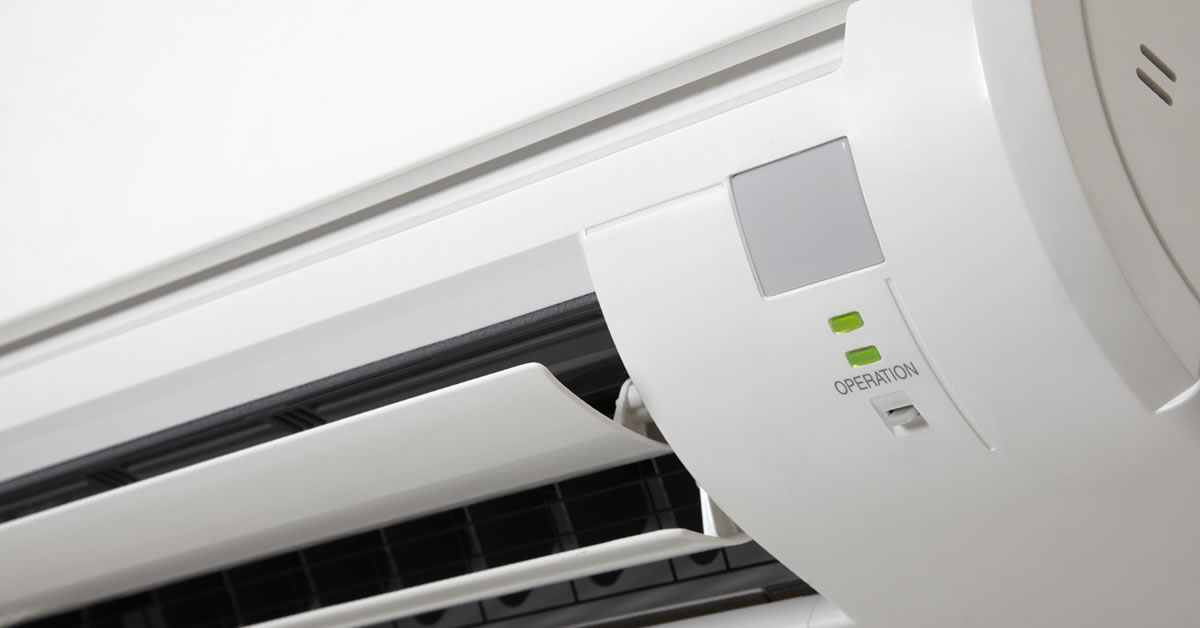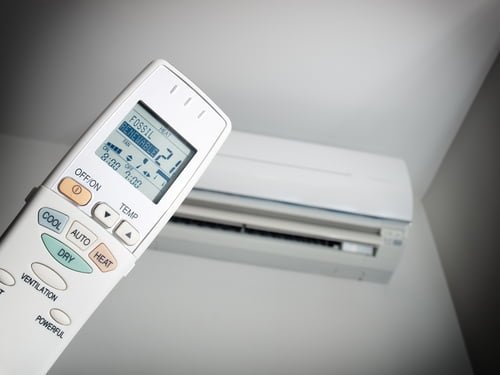Having an air conditioner at home can be a blessing during the scorching summer months. However, as with any other appliance, it can encounter issues from time to time. One common problem that many people face is their air conditioner’s light blinking. This can be a cause of concern, but with the right knowledge, you can troubleshoot it and get your AC up and running in no time.

Credit: www.billyaircon.com.sg
What Does It Mean When Your Air Conditioner Light is Blinking?
When the light on your air conditioner is blinking, it is trying to communicate an issue. The number of blinks and the pattern can indicate different problems. Understanding these patterns can help you diagnose the issue and decide whether you can fix it yourself or need to call a professional.
Common Reasons For Air Conditioner Light Blinking
There are several common reasons why your air conditioner’s light may be blinking:
| Issue | Description |
|---|---|
| Filter Needs Cleaning or Replacement | A clogged or dirty filter can restrict airflow and cause the indoor unit to freeze up, triggering the blinking light. |
| Outdoor Unit Issues | Issues with the outdoor unit such as a blocked or dirty condenser unit, low refrigerant levels, or a malfunctioning outdoor fan can lead to blinking lights. |
| Electrical Problems | Issues with the electrical connections, circuit board, or wiring can cause the AC unit’s light to blink. |
| Thermostat Malfunction | A malfunctioning thermostat can send incorrect signals to the AC unit, leading to erratic behavior and blinking lights. |
How to Troubleshoot Air Conditioner Light Blinking
Now that you understand some of the common reasons for air conditioner light blinking, let’s look at how you can troubleshoot these issues:
Cleaning Or Replacing The Air Filter
One of the simplest and most common causes of a blinking light is a dirty air filter. It’s important to clean or replace the filter regularly to ensure proper airflow. Refer to your AC unit’s manual to locate and access the filter, and follow the manufacturer’s instructions for cleaning or replacing it.
Inspecting The Outdoor Unit
Take a look at the outdoor unit to ensure that it’s free from debris and obstructions. Clear away any leaves, branches, or other debris that may be blocking the airflow. Additionally, check the condenser unit and the outdoor fan for any visible signs of damage or malfunction. If you spot any issues, it’s best to contact a professional for repairs.
Checking The Thermostat
If you suspect a thermostat malfunction, check if it’s set to the correct temperature and mode. You can also try replacing the batteries if it’s a battery-operated thermostat. If the issue persists, it’s best to consult a technician to inspect and, if necessary, replace the thermostat.
Electrical Inspections
When dealing with electrical issues, it’s crucial to ensure that the power to the unit is turned off before inspecting any electrical components. Look for loose connections, damaged wiring, or signs of burnt components. However, unless you have experience with electrical work, it’s advisable to leave this to a qualified professional to avoid any safety hazards.
When to Call a Professional
While some issues can be resolved through basic troubleshooting, there are instances where it’s best to seek the expertise of a professional HVAC technician. If you’re unsure about dealing with the problem on your own or if the blinking light persists even after attempting troubleshooting steps, it’s time to schedule a service call.
Professional technicians have the knowledge, tools, and experience to accurately diagnose and repair complex AC issues. They can also ensure that the repairs are performed safely and in compliance with industry standards.
Conclusion
Dealing with an air conditioner light blinking can be frustrating, but with a basic understanding of the potential causes and some troubleshooting tips, you can address the issue effectively. Remember to refer to your AC unit’s manual for specific guidance and safety precautions.
By keeping your air conditioner well-maintained and addressing any issues promptly, you can enjoy a cool and comfortable indoor environment throughout the hot summer months.

